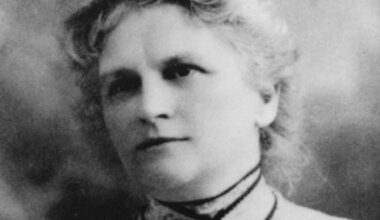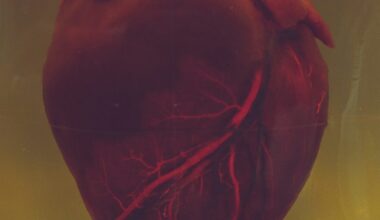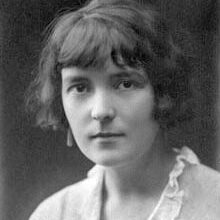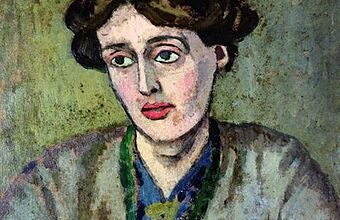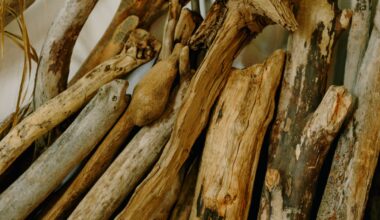Salvatore by W. Somerset Maugham
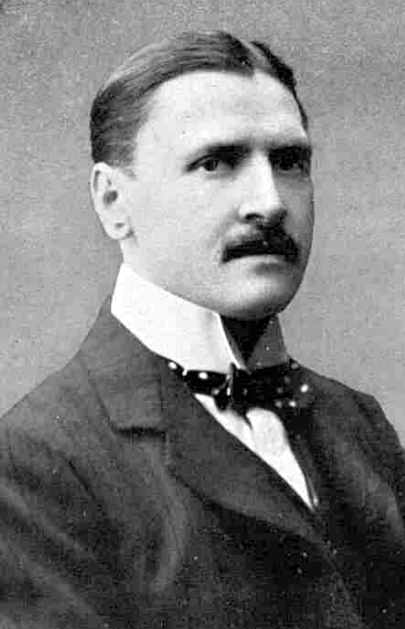
I wonder if I can do it.
I knew Salvatore first when he was a boy of fifteen with a pleasant face, a laughing mouth and care-free eyes. He used to spend the morning lying about the beach with next to nothing on and his brown body was as thin as a rail. He was full of grace. He was in and out of the sea all the time swimming with the clumsy, effortless stroke common to the fisher boat.
Scrambling up the jagged rocks on his hard feet, for except on Sundays never wore shoes, he would throw himself into the deep water with a scream of delight. His father was a fisherman who owned his own little vineyard and Salvatore acted as nursemaid to his two younger brothers. He shouted to them to come inshore when they ventured out too far and made them dress when it was time to climb the hot, vineclad hill for the frugal midday meal.
But boys in those Southern parts grow apace and in a little while he was madly in love with a pretty girl who lived on the Grande Marina. She had eyes like forest pools and held herself like a daughter of the Caesars. They were affianced, but they could not marry till Salvatore had done his military service, and when he left the island which he had never left in his life before, to become a sailor in the navy of King Victor Emmanuel, he wept like a child. It was hard for one who had never been less free than the birds to be at the beck and call of others, it was harder still to live in a battleship with strangers instead of in a little white cottage among the vines; and when he was ashore, to walk in noisy, friendless cities with streets so crowded that he was frightened to cross them, when he had been used to silent paths and the mountains and the sea. I suppose it had never struck him that Ischia, which he looked at every evening (it was like a fairy island in the sunset) to see what the weather would be like next day, or Vesuvius, pearly in the dawn, had anything to do with him at all; but when he ceased to have them before his eyes he realized in some dim fashion that they were as much part of him as his hands and his feet. He was dreadfully homesick. But it was hardest of all to be parted from the girl he loved with all his passionate young heart. He wrote to her (in his childlike handwriting) long, ill-spelt letters in which he told her how constantly he thought of her and how much he longed to be back. He was sent here and there, to Spezzia, to Venice, to Ban and finally to China. Here he fell ill of some mysterious ailment that kept him in hospital for months. He bore it with the mute and uncomprehending patience of a dog. When he learnt that it was a form of rheumatism that made him unfit for further service his heart exulted, for he could go home; and he did not bother, in fact he scarcely listened, when the doctors told him that he would never again be quite well. What did he care when he was going back to the little island he loved so well and the girl who was waiting I for him?
When he got into the rowing-boat that met the steamer from Naples and was rowed ashore he saw his father and mother standing on the jetty and his two brothers, big boys now, and he waved to them. His eyes searched t among the crowd that waited there, for the girl. He could not see her. There was a great deal of kissing when he jumped up the steps and they all, emotional creatures, cried a little when they exchanged their greetings. He asked where the girl was. His mother told him that she did not know; they had not seen her for two or three weeks; so in the evening when the moon was shining over the placid sea and the lights of Naples twinkled in the distance he walked down to the Grande Marina to her house. She was sitting on the doorstep with her mother. He was a little shy because he had not seen her for so long. He asked her if she had not received the letter that he had written to her to say that he was coming home. Yes, they had received a letter, and they had been told by another of the island boys that he was ill. Yes, that was why he was back; was it not a piece of luck? Oh, but they had heard that he would never be quite well again. The doctor talked a lot of nonsense, but he knew very well that now he was home again he would recover. They were silent for a little, and then the mother nudged the girl. She did not try to soften the blow. She told him straight out, with the blunt directness of her race that she could not marry a man who would never be strong enough to work like a man. They had made up their minds, her mother and father and she, and her father would never give consent.
When Salvatore went home he found that they all knew. The girl’s father had been to tell them what they had decided, but they had lacked the courage to tell him themselves. He wept on his mother’s bosom. He was terribly unhappy, but he did not blame the girl. A fisherman’s life is hard and it needs strength and endurance. He knew very well that a girl could not afford to marry a man who might not be able to support her. His smile was very sad and his eyes had the look of a dog that has been beaten, but he did not complain, and he never said a hard word of the girl he had loved so well.
Then, a few months later, when he had settled down to the common round, working in his father’s vineyard and fishing, his mother told him that there was a young woman in the village who was willing to marry him. Her name was Assunta.
“She’s as ugly as the devil,” he said.
She was older than he, twenty-four or twenty-five, and she had been engaged to a man who, while doing his military service, had been killed in Africa. She had a little money of her own and if Salvatore married her she could buy him a boat of his own and they could take a vineyard that by happy chance happened at that moment to be without a tenant. His mother told him that Assunta had seen him at the festa and had fallen in love with him. Salvatore smiled his sweet smile and said he would think about it. On the following Sunday, dressed in the stiff black clothes in which he looked so much less well than in the ragged shirt and trousers of every day, he went up to High Mass at the parish church and placed himself so that he could have a good look at the young woman. When he came down again he told his mother that he was willing.
Well, they were married and they settled down in a tiny white-washed house in the middle of a handsome vineyard. Salvatore was now a great, big husky fellow, tall and broad, but still with that ingenuous smile and those trusting, kindly eyes that he had as a boy. He had the most beautiful manners I have ever seen in my life. Assunta was a grim-visaged female, with decided features, and she looked old for her years. But she had a good heart and she was no fool. I used to be amused by the little smile of devotion that she gave her husband when he was being very masculine and masterful; she never ceased to be touched by his gentle sweetness. But she could not bear the girl who had thrown him over, and notwithstanding Salvatore’s smiling expostulations she had nothing but harsh words for her. Presently children were born to them.
It was a hard enough life. All through the fishing season towards evening he set out in his boat with one of his brothers for the fishing grounds. It was a long pull of six or seven miles, and he spent the night catching the profitable cuttlefish. Then there was the long row back again in order to sell the catch in time for it to go on the early boat to Naples. At other times he was working in his vineyard from dawn till the heat drove him to rest and then again, when it was a trifle cooler, till dusk. Often his rheumatism prevented him from doing anything at all and then he would lie about the beach, smoking cigarettes, with a pleasant word for everyone notwithstanding the pain that racked his limbs. The foreigners who came down to bathe and saw him there said that these Italian fishermen were lazy devils.
Sometimes he used to bring his children down to give them a bath. They were both boys and at this time the elder was three and the younger less than two. They sprawled about at the water’s edge stark naked and Salvatore standing on a rock would dip them in the water. The elder one bore it with stoicism, but the baby screamed lustily. Salvatore had enormous hands, like legs of mutton, coarse and hard from constant toil, but when he bathed his children, holding them so tenderly, drying them with delicate care; upon my word they were like flowers. He would seat the naked baby on the palm of his hand and hold him up, laughing a little at his smallness, and his laugh was like the laughter of an angel. His eyes then were as candid as his child’s.
I started by saying that I wondered if I could do it and now I must tell you what it is that I have tried to do. I wanted to see whether I could hold your attention for a few pages while I drew for you the portrait of a man, just an ordinary fisherman who possessed nothing in the world except a quality which is the rarest, the most precious and the loveliest that anyone can have. Heaven only knows why he should so strangely and unexpectedly have possessed it. All I know is that it shone in him with a radiance that, if it had not been unconscious and so humble, would have been to the common run of men hardly bearable. And in case you have not guessed what the quality was, I will tell you. Goodness, just goodness.
